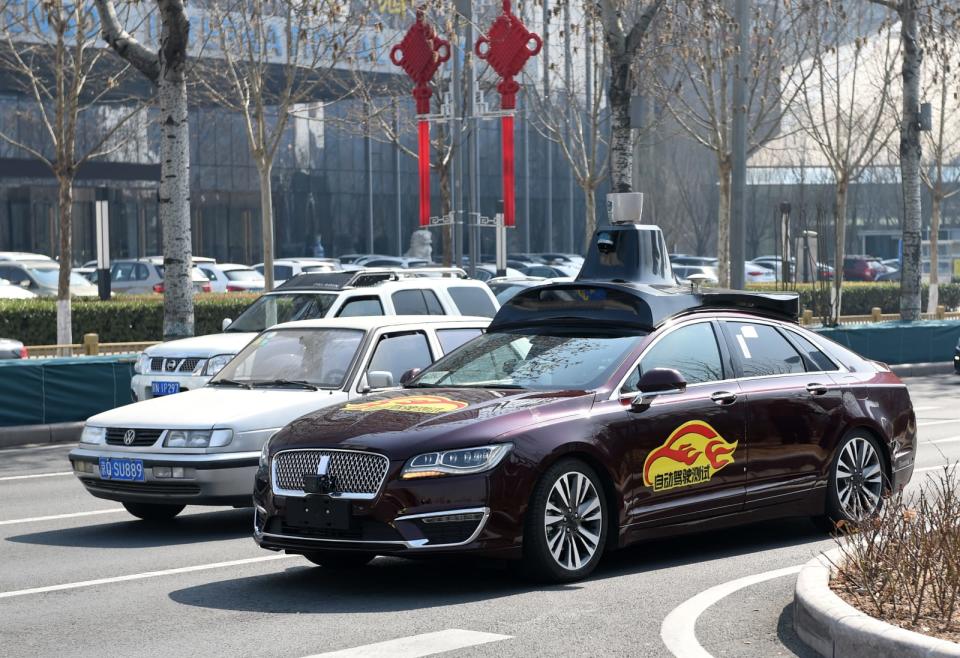Baidu will start autonomous driving tests in Beijing
The go ahead from the Chinese government comes on the heels of a fatal accident in the US.
This week, China gave tech company Baidu, Inc., which wants to be known as China's version of Google, the go-ahead to start autonomous driving tests in Beijing's suburbs, according to Reuters. China is looking to compete with other countries with self-driving technology, so this is an important move that indicates support for the technology at a somewhat contentious time.
This green light comes on the heels of the first fatal accident involving a self-driving car in the United States. An Uber vehicle using autonomous technology (but with a human operator in the car) struck and killed a pedestrian in Tempe, AZ, earlier this month. That investigation is still ongoing, and it's unclear what ramifications it might have for self-driving technology as a whole in the US.
Baidu's self-driving platform is called Apollo 2.0, and it boasts the ability to navigate a car through basic urban environments, whether day or night. The company plans to continue refining the technology through 2018. That will become a lot easier once it has real-world data through these tests. Baidu's permit covers testing on 33 suburban Beijing roads that cover about 65 miles.
Using Apollo 2.0, Baidu also plans to launch self-driving buses in China. It's important to note that the company focuses on software only; Baidu will team with Chinese company King Long to actually build the buses. It hopes to release the first bus next year and start mass producing them by 2020.



